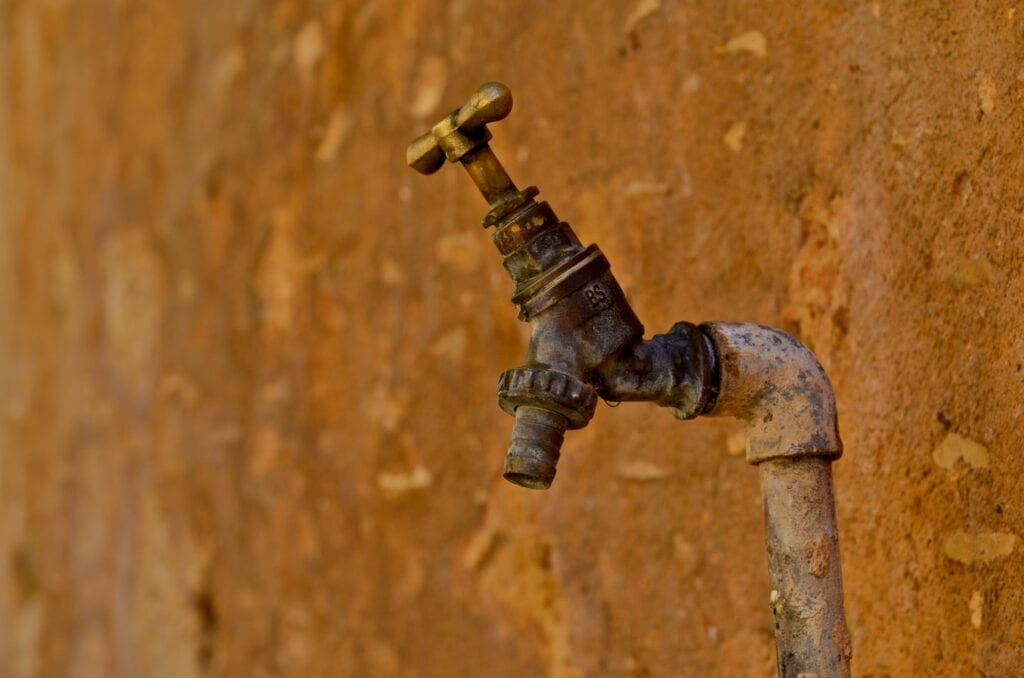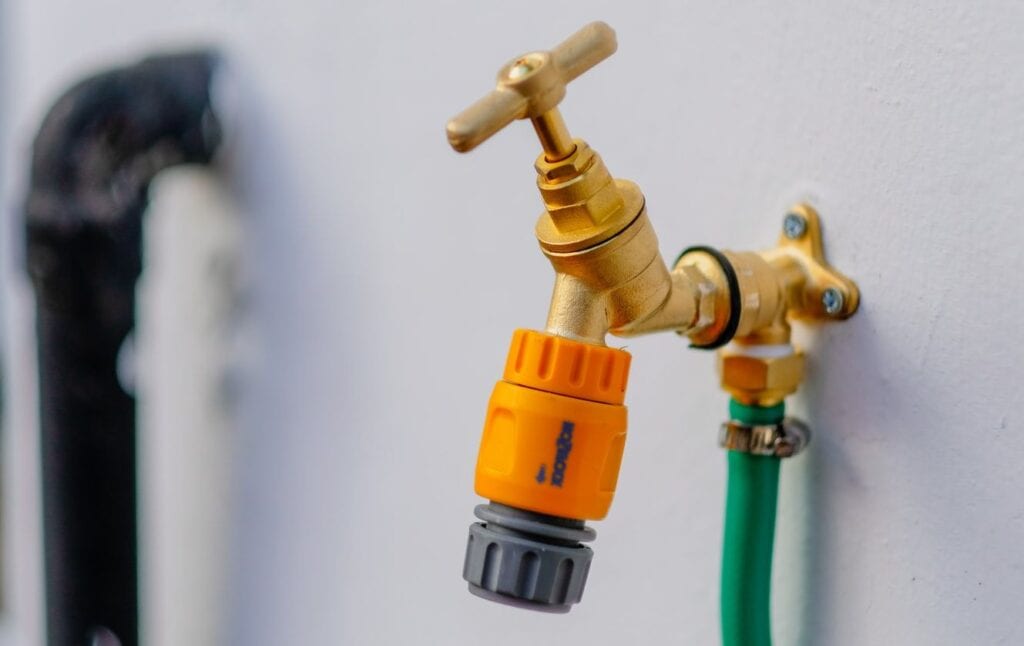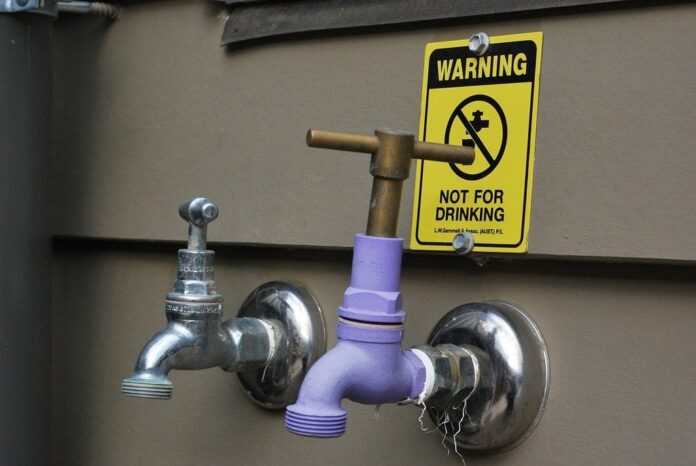Thirty three percent of freshwater is what the average household makes use of everyday for irrigation purposes but instead they can actually make use of graywater. Graywater can also be spelled as greywater so you don’t get too confused and whenever graywater is used for irrigating gardens and lawns, a precious natural resource is saved without having any effect on little effect on plants. During period of drought, graywater can be of great help and today we would be telling you more on the effects of graywater on plants.
Check This Out – Quality Of Water In Our Garden
What Is Graywater?

The question that you might have on your mind right now could be what exactly does graywater mean and is it safe to make use of graywater on vegetables as well as other plants. To make things very clear, graywater implies water that is recycled from a household and it can be collected through showers, tubs, sinks and other safer sources so they can end up being used on gardens and lawns. Black water refers to water that is gotten from toilets and this type of water can be used in cleaning up diapers. Black water should never be used in a garden.
You are likely to introduce chemicals like sodium, chloride and boron into a soil when graywater is used and it is also likely to increase the pH value of the soil as well as increasing the salt concentration of the soil. These are actually very rare problems but most of these adverse effects can be controlled using laundry products and practicing environmentally safe cleaning. Periodic soil tests can be used in monitoring salt concentration as well as pH levels of the soil.
You can however offer the environment the protection that it deserves by applying water directly to mulch or to the soil and when sprinkler systems are used, a fine mist of water particles can be created which can be blown downwind easily. Watering should be done as long as the soil needs to absorb water and water should not be allowed to run off or left standing.
Trendy Post – How To Use Ascorbic Acid In Absorbing Chlorine
Effects Of Graywater On Plants

If the following precautions are followed and if the graywater collected doesn’t contain fecal water then using graywater on your plants should have little or no adverse effects. These strict guidelines should be followed when applying graywater on plants;
- Graywater should not be used on young transplants or on plants confined in a container
- It should also not be sprayed on plant foliage or on trunks of trees directly
- The pH of graywater is actually high so it should not be used in watering plants that love acids
- It should not be sprayed on edible plants and it should also not be used to irrigate the roots of vegetables
How Safe Is Graywater?
As long as water from garbage disposals and toilets are excluded, graywater is generally safe and waters from diapers should also not be collected as well. However, in some states, there are regulations that excludes collecting water from dishwashers and kitchen sinks so your health engineers or health sanitizers should be contacted first so you can get familiar with the regulations surrounding graywater in your area. There are also restrictions relating to where graywater can be used in certain areas.
Graywater shouldn’t be used close to natural bodies of water and it should be kept at least two hundred feet from public water supplies and one hundred feet away from wells. Even though it is quite safe to make use of graywater in vegetable gardens, it should not in any case be used on edible parts of plants or on root crops. Graywater can be used on ornamental plants while fresh water should be used on edible plants.
Related Post – The Effect Of Hot Water On Plants







